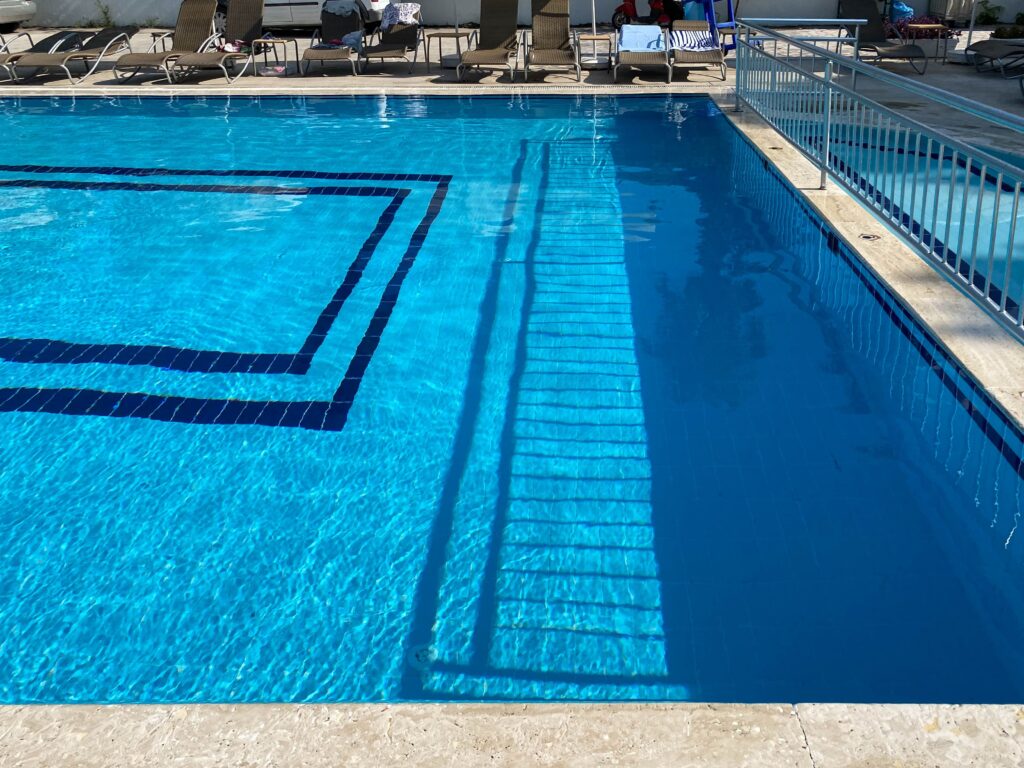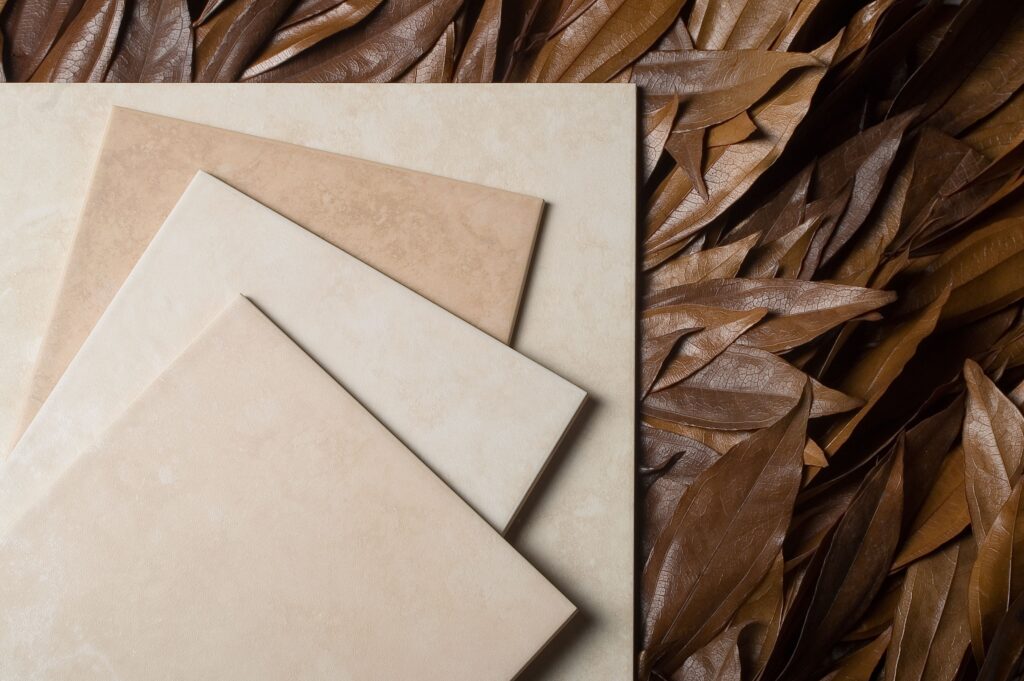Enhancing Your Dallas Home’s Swimming Pool with Ceramic Pool Tiles: A Comprehensive Guide
Considering an upgrade to your Dallas home’s swimming pool? Ceramic tiles offer a stylish and practical solution to elevate its aesthetics and durability. Whether you’re looking to add decorative borders or cover entire surfaces, ceramic pool tiles provide versatility and functionality. However, it’s essential to understand the nuances and steps involved in this process.
1. Selecting the Ideal Ceramic Pool Tile
1.1 Understanding Ceramic Tile Types
When choosing ceramic tiles, prioritize options specifically designed for pool environments. Look for tiles labeled as “ceramic tiles” or “pool-grade ceramic tiles” to ensure suitability and longevity.
1.2 Importance of Quality and Durability
Opt for high-quality ceramic tiles that offer excellent durability and resistance to water, chemicals, and weather elements. Glazed porcelain ceramic tiles are particularly renowned for their superior performance and longevity.
1.3 Keyword Integration: Ceramic Pool Tile Selection
Prioritize ceramic pool tiles that are durable, water-resistant, and specifically designed for pool environments. Glazed porcelain ceramic tiles are an excellent choice for their exceptional durability and resistance to water and chemicals.
2. Preparing the Surface for Ceramic Pool Tile Installation
2.1 Surface Cleaning and Inspection
Before installing ceramic pool tiles, thoroughly clean the pool surface to remove debris, dirt, and chemical residues. Inspect the surface for any cracks or imperfections that may impact the installation process or tile adhesion.
2.2 Surface Repair and Waterproofing
Address any surface imperfections or cracks by repairing them using suitable materials. Consider applying a waterproofing membrane to enhance the surface’s durability and protect against moisture infiltration.
3. Installation Process of Ceramic Pool Tiles
Enhancing Your Dallas Home’s Swimming Pool with Ceramic Pool Tiles: A Comprehensive Guide
3.1 Mortar and Grout Selection
Choose a thin-set mortar specifically formulated for wet and humid conditions, ensuring compatibility with ceramic pool tiles. Opt for grout designed for swimming pools to withstand exposure to chemicals and moisture.
3.2 Layout and Placement
Plan the layout of ceramic tiles to achieve your desired aesthetic and functional goals. Lay out the tiles beforehand to ensure proper alignment and spacing.
3.3 Installation Techniques
Apply the mortar evenly on the pool surface, working in small sections to prevent premature drying. Place the ceramic tiles into the mortar at a slight angle and gently press them into place. Use tile spacers to maintain consistent spacing between tiles.
3.4 Keyword Integration: Proper Ceramic Tile Installation
Ensure proper installation of ceramic pool tiles by using high-quality mortar and grout suitable for swimming pools. Follow manufacturer guidelines and best practices to achieve optimal adhesion and longevity.
4. Maintenance and Care for Ceramic Pool Tiles
4.1 Regular Cleaning
Maintain the cleanliness of ceramic pool tiles by regularly cleaning them with mild detergents and soft brushes. Avoid harsh chemicals or abrasive materials that may damage the tiles’ surface.
4.2 Inspection and Repair
Periodically inspect ceramic tiles for any signs of damage, such as cracks or chips. Promptly repair any issues to prevent further deterioration and ensure the pool’s safety and aesthetics.
5. Professional Installation vs. DIY Approach
5.1 Benefits of Professional Installation
Consider hiring a professional swimming pool expert for ceramic pool tile installation to ensure precision, expertise, and adherence to safety standards. Professional installers have the necessary skills and experience to tackle complex projects effectively.
5.2 Keyword Integration: Ceramic Pool Tile Installation Services
For optimal results, consider hiring professional ceramic pool tile installation services. Experienced professionals can ensure precise installation and long-lasting performance, enhancing your pool’s aesthetics and functionality.
Conclusion
Enhancing Your Dallas Home’s Swimming Pool with Ceramic Pool Tiles A Comprehensive Guide
Incorporating ceramic pool tiles into your Dallas home’s swimming pool can significantly enhance its appearance, durability, and value. By selecting high-quality tiles, preparing the surface adequately, and following proper installation techniques, you can create a stunning and functional pool space that provides years of enjoyment. For more products information, visit our website Fujiwa Tiles.
FAQs (Frequently Asked Questions)
- What are the benefits of using ceramic pool tiles? Ceramic tiles offer exceptional durability, water resistance, and aesthetic appeal, making them an ideal choice for swimming pool surfaces.
- How do I choose the right ceramic tiles for my pool? Look for high-quality ceramic pool tiles specifically designed for pool environments, such as glazed porcelain ceramic tiles. Prioritize durability, water resistance, and compatibility with pool chemicals.
- Can I install ceramic pool tiles myself, or should I hire a professional? While DIY installation is possible, hiring a professional ceramic pool tile installer ensures precision, expertise, and adherence to safety standards, resulting in a long-lasting and visually appealing pool surface.
- How do I maintain ceramic tiles? Regular cleaning with mild detergents and soft brushes is essential to maintain the cleanliness and appearance of ceramic tiles. Additionally, prompt inspection and repair of any damage are recommended to prevent further deterioration.
- Where can I find professional ceramic tile installation services in Dallas? For expert ceramic tile installation services in Dallas, consider reputable swimming pool companies or tile contractors with experience in pool renovations and upgrades.



